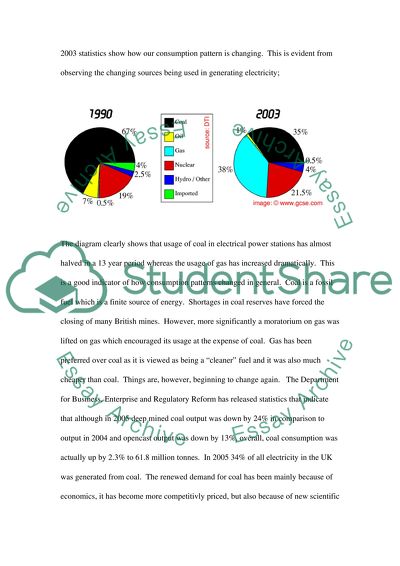Cite this document
(Energy in the UK Coursework Example | Topics and Well Written Essays - 2000 words, n.d.)
Energy in the UK Coursework Example | Topics and Well Written Essays - 2000 words. Retrieved from https://studentshare.org/environmental-studies/1546148-the-energy-in-the-uk
Energy in the UK Coursework Example | Topics and Well Written Essays - 2000 words. Retrieved from https://studentshare.org/environmental-studies/1546148-the-energy-in-the-uk
(Energy in the UK Coursework Example | Topics and Well Written Essays - 2000 Words)
Energy in the UK Coursework Example | Topics and Well Written Essays - 2000 Words. https://studentshare.org/environmental-studies/1546148-the-energy-in-the-uk.
Energy in the UK Coursework Example | Topics and Well Written Essays - 2000 Words. https://studentshare.org/environmental-studies/1546148-the-energy-in-the-uk.
“Energy in the UK Coursework Example | Topics and Well Written Essays - 2000 Words”, n.d. https://studentshare.org/environmental-studies/1546148-the-energy-in-the-uk.


